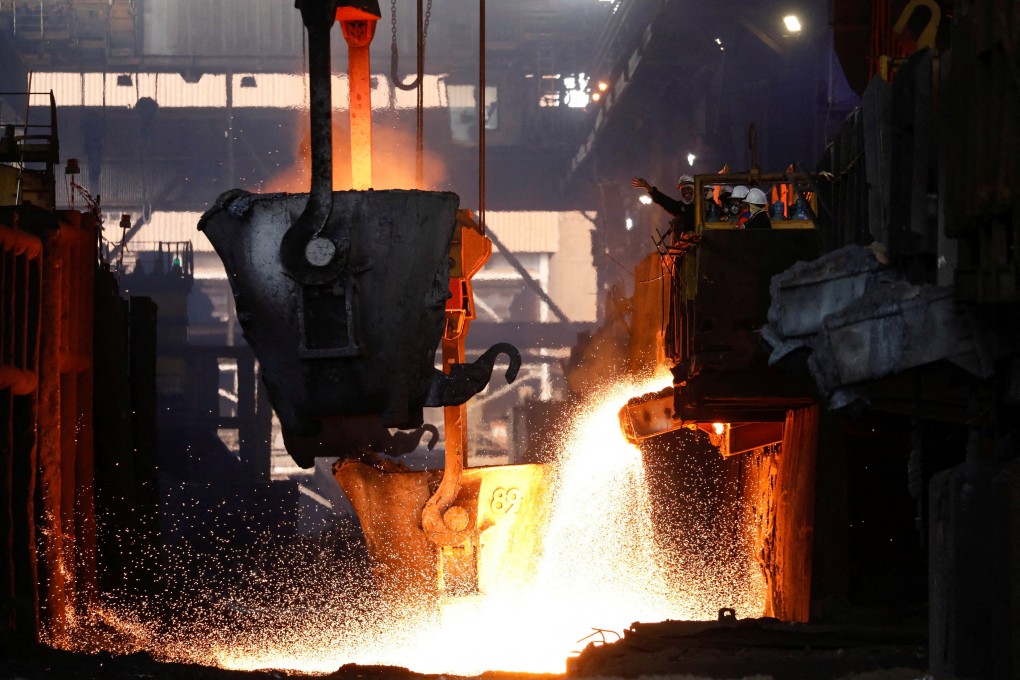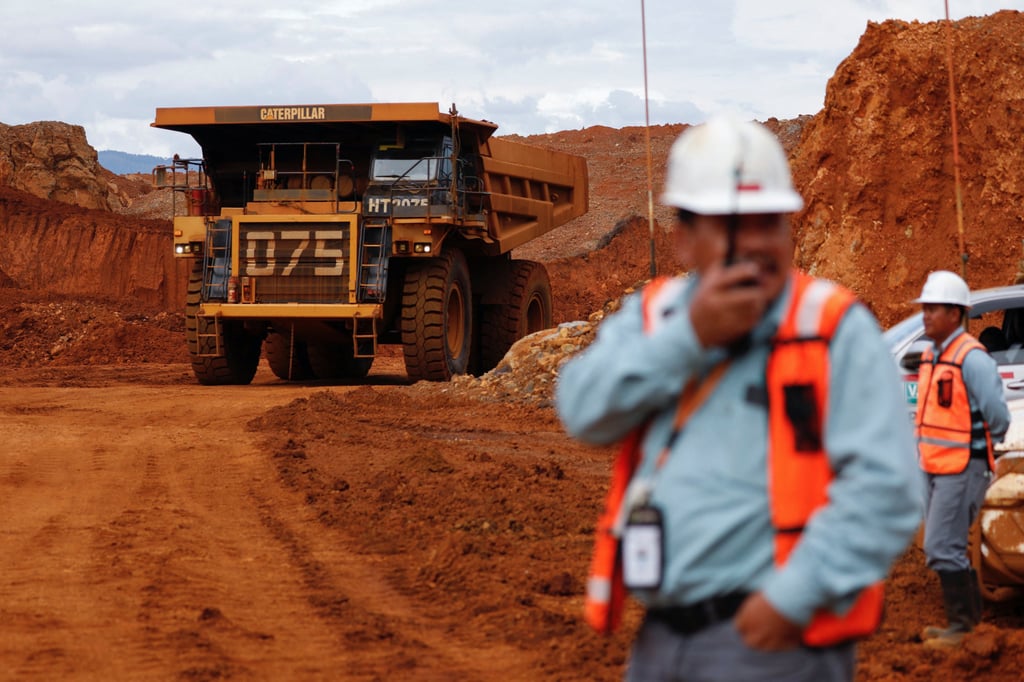Could carmaker Ford, while partnering Chinese firms, cash in on US electric vehicle policy ‘loophole’?
- US to clarify IRA provision that stipulates EVs benefiting from tax deductions cannot contain components made by ‘foreign entity of concern’
- Law does not say which countries are targeted, but observers say this restriction is explicitly aimed at combating Chinese dominance in the industry

The IRA offers tax credits worth US$7,500 to encourage companies to develop battery and EV supply chains in the US and countries with which it has free trade agreements (FTA).
To qualify, 40 per cent of critical battery minerals must be extracted or processed in the US or one of its FTA partners, and at least half of the battery components must be manufactured or assembled in North America. These requirements will rise each year.

US authorities are expected to soon release guidance on an IRA provision that stipulates EVs benefiting from tax deductions cannot contain battery components manufactured by “a foreign entity of concern”.
While the law does not say which countries are being targeted, observers say this restriction is explicitly aimed at combating Chinese dominance in the industry.